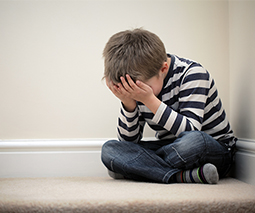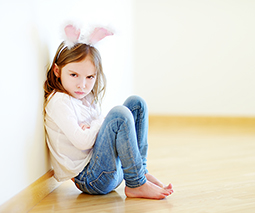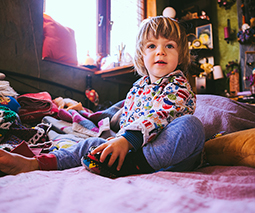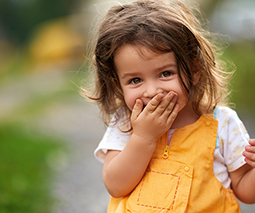Oh crap! 7 ways to deal with a sweary toddler
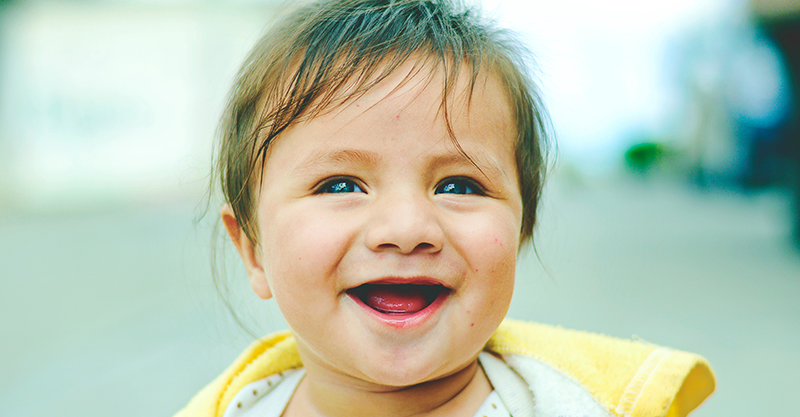
The first time your toddler swears can be a bit of a shock, but rest assured it’s a normal part of young children developing and exploring language, despite how embarrassing it can be if it happens in public, or is directed at strangers.
Some toddlers will accidentally swear when trying out a similarly sounding word, like ‘truck’ and others will test out words on you for a reaction, or use them when they’re feeling frustrated or angry. How you respond to them will shape whether the behaviour continues or is nipped swiftly in the bud.
So if your toddler’s swearing habits are becoming an issue at your place, here are some ways to deal with your little person’s burgeoning language skills:
1. Don’t panic
First up, don’t stress out too much about it. Your toddler’s swearing is not a reflection on you, and it doesn’t mean you’re raising a deviant child. It’s normal for children to test out different words as their vocabulary expands, and trying out toilet words and swear words is part of this. It is another one of those parenting phases that will pass.
2. Skip the fuss
One of the best ways to deal with swearing toddlers is to stay calm and hold onto your poker face – even if you’re dying to laugh or freak out. Toddlers will often test out words to see what attention they bring them, and if you act like it’s a non-event, they’ll soon get the message that there’s no point in continuing to use the words, because they’re falling on deaf ears.
3. Try not to egg it on
Let’s face it, toddlers make everything cute and funny, and throwing out a swear word is no exception to this. But while it can be tempting to laugh and have them demonstrate their new word for daddy or grandma, this will only serve to reward your toddler for the show and inform them that swearing is a good thing to do.
4. Check your own language
Swearing is normal for lots of adults, and some of us might not even realise how often the words come out of our mouths – or who’s listening to them. I know ‘FUDGE’ really doesn’t have the same effect, but if you think your toddler has picked up the swearing from you or your partner, it might be time to look for some alternate words to express your frustration.
5. What’s your toddler listening to?
It’s probably also worth looking into what your toddler is watching and listening to throughout the day. Is it a TV show on in the background, or some music that might be encouraging the word choices in your child? Or is your child listening to other children who are also experimenting with colourful language?
6. Try talking about it
If your toddler’s swearing is happening more often than you care for, and is old enough to benefit, you could try having a conversation with them about why swear words aren’t appropriate. For example, you could explain the difference between ‘nice’ and ‘bad’ words, and how the latter could upset other people. You could then offer praise when your toddler uses nice words or is particularly kind to someone else. Positive reinforcement for good behaviour tends to work better than punishment.
7. Encourage healthy anger release
If your little one is prone to swearing when they feel angry, you can help by encouraging some other ways to release anger that are a little more friendly, such as expressing it with appropriate words, or actions that are acceptable to you. For example, encouraging your toddler to stomp around when they’re frustrated or to recognise when they’re angry and verbalise it, knowing that you will be there to help them process it.

